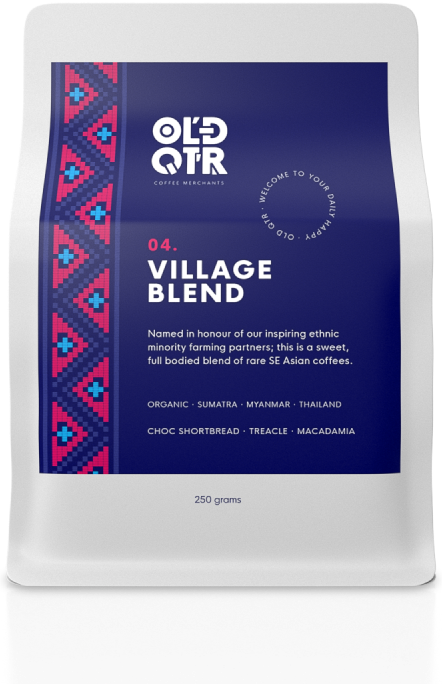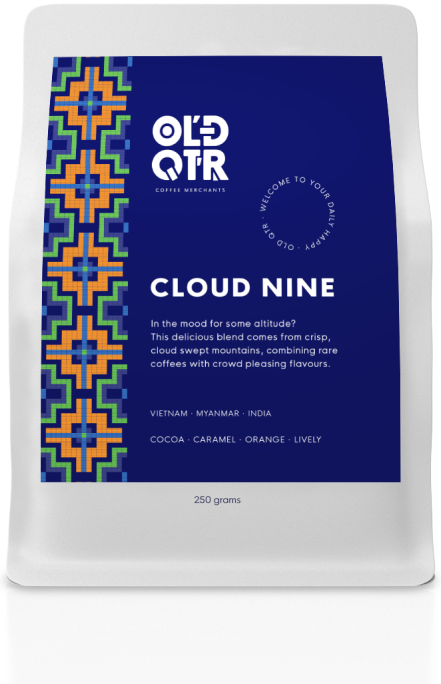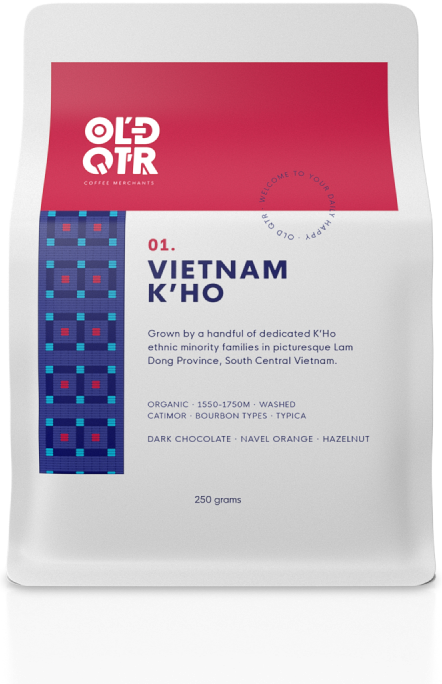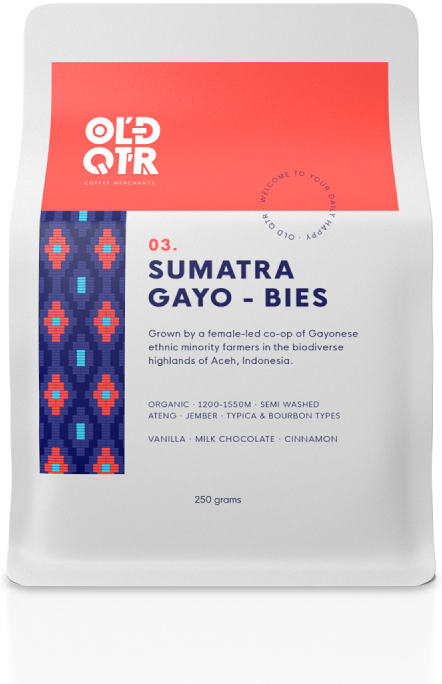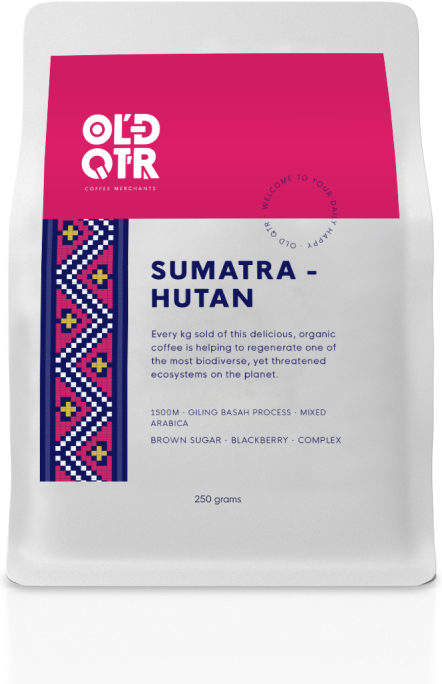Understanding Thailand's Coffee Growing Industry
We recently unveiled Thailand as our newest origin, so we decided to take a dive into the reasons why the Thai coffee growing industry is so unique and what factors have influenced it's growth.
An exciting, but relatively unknown, specialty coffee farming industry has been quietly evolving over the last 2 decades in Northern Thailand. A variety of unique factors have contributed to this burgeoning industry and as part of launching our new coffees from Thailand we wanted to explore how the Thai coffee industry began, and what the unique factors are that have made it so progressive and innovative.
The coffee producing provinces of Chiang Mai and Chiang Rai are found in the lush hills of far Northern Thailand and have traditionally been home to a number of hill tribe communities. For a significant part of the 20th century the main cash crop here was Opium poppies, as was similar in Northern Vietnam, Laos and Myanmar. Along with these neighbouring countries, the region was famously (and infamously) known as ‘The Golden triangle’, due to being a global powerhouse for heroin and opiate production. At the time, The illicit trade spelt countless social and environmental issues for the region, particularly for the ethnic minority groups that call it home.

Luckily, in the late 70’s, the then King of Thailand recognised the issues and launched a plan known as ‘Royal Project’ which aimed to reforest northern Thailand and introduce new agricultural crops, including coffee! Luckily, a lot of the highly regarded heirloom arabica (Typica and Bourbon) varieties that were planted under the royal project can still be found today. Over the decades, the work of this project has been internationally regarded as a success commending its efforts in alleviating poverty and creating positive social and environmental impact.
Fast forward to today and the Royal Project has laid the seeds for a micro-mill specialty coffee revolution in Thailand that is now underway. Here we look at the 4 key reasons why:
Government Support
To strengthen the local coffee industry, high import tariffs were placed on imported coffee. This encouraged young specialty coffee experts to look in their own back yard to produce quality coffee on a level similar to other coffee growing countries such as Ethiopia, Panama or Columbia.

High Local Demand
Thailand's domestic coffee consumption has skyrocketed over the past couple of decades and in cities such as Bangkok you can find sophisticated roasteries and concept specialty cafes comparable to those in Melbourne. Thailand has emerged as a South East Asian economic powerhouse and domestic coffee consumption has concurrently increased alongside the higher average wage. Combined with the difficulty in importing foreign coffee, Thai’s consume almost all of the coffee that the country produces, leaving on a small amount to be exported to the international market.

Heirloom Varieties & Innovative Hybrids
Thailand has some cherished yet rare heirloom Typica and Bourbon varieties that were widely planted during the early implementation of the royal project. These varieties are often prized for their cup quality and elegant characteristics. Similarly with its neighbours though, recently these older varieties have often been replaced with newer commercial hybrid varieties known for their disease resistance and higher yields. Thankfully it's now known that there are countless factors that play a part in producing the highest quality coffee beyond simply the variety
By adapting an open-mind and a willingness to experiment, coffee farmers are able to determine a unique approach to get the best outcome out of their farm and the particular variety they grow. Frequently shunned varieties such as catimor and even robusta have recently been receiving very high cup quality scores when they farmed and processed with care. As with most agricultural products, large-scale production innovations are often at the detriment to quality (and environment). In 2007, a unique local variety was launched known as 'Chiang Mai 80'. This particular variety ingeniously combines two arabica strains together, one known for good yields and coffee leaf rust resistance (a global problem) and another known for high cup quality (Catimor x SL-28). This variety can be found in our 'Thailand Akha' single origin.

Young farmers and an Experimental Approach
Over the past decade, a young and highly educated generation of farmers have returned from the cities with a new take on how produce some of Asia’s finest coffees in a sustainable way. They have been up-skilling, investing in high quality processing equipment, and arming themselves with knowledge from the best in the world to take their beans to the next level!
There is strong connection between young Thai coffee farmers and the modern world. They use specialty brew knowledge, branding awareness and social media to share and lift the industry as a whole. This is a unique situation in the global context of coffee producing countries.

Thailand has the youngest average age farmers globally (25-35 years) and this phenomena is the opposite of what we see in other coffee producing countries. Normally older farmers are left while the next generation seek brighter more financially viable opportunities in the urban environment. It is a true blessing to see the opposite happening in Thailand. Coffee production must provide a sustainable means of income for producers globally if its consumption is to be at all sustainable in the coming decades.
Keen to try Thai coffee for yourself? Click here.








